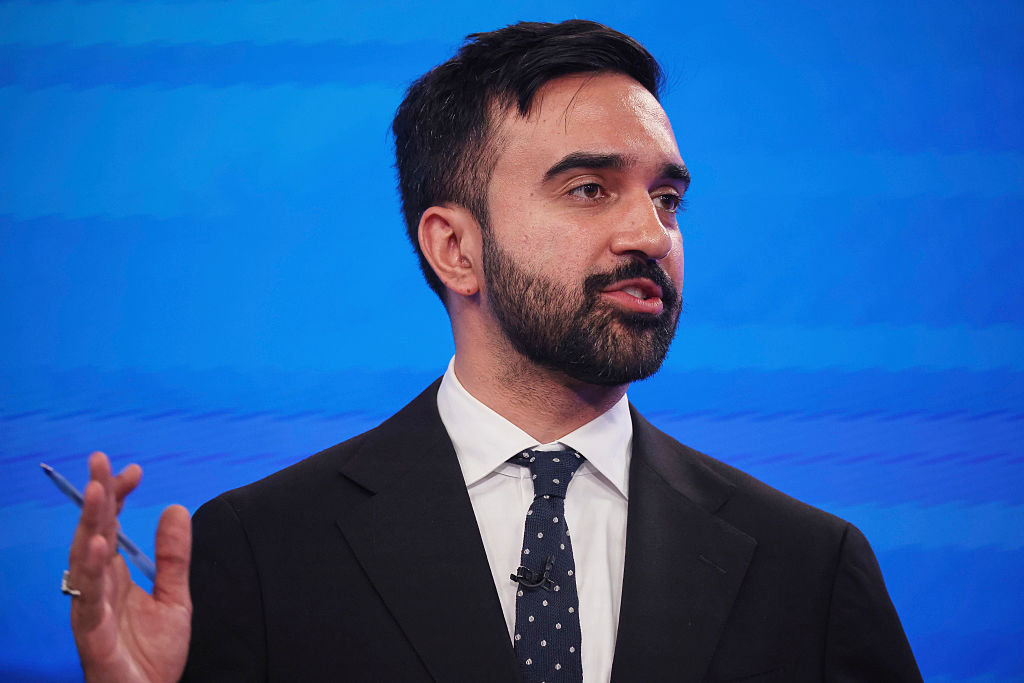emancipation proclamation
It is an opportunity to revisit the history of how emancipated people in the U.S. were systematically denied their freedom.
Here's everything you need to know about the nation's newest federal holiday.
Juneteenth, also known as Freedom Day or Emancipation Day, is a holiday of notable significance for many African Americans. June 19, 1865, highlights the abolition of slavery in the state of Texas.
Today is the true Independence Day for Black Americans.
President Abraham Lincoln‘s Emancipation Proclamation didn’t become national law until January 1, 1863, which gave millions of slaves their freedom. Before that historic event, the President signed an act abolishing slavery in the Nation’s Capital on this day in 1862. In Washington, D.C., Emancipation Day has been an official public holiday since 2005. SEE ALSO: Benjamin […]
January 1st, 1863, is the day that the 16th President of the United States of America, President Abraham Lincoln, issued the Emancipation Proclamation, proclaiming that all slaves in the Confederacy were “forever free” because these Southern states refused to rejoin the Union and were in “rebellion” against the United States of America. Ironically, the Union […]
On April 16th, 1862, Abraham Lincoln signed the The District of Columbia Emancipation Act, which freed 3,100 slaves in the nation’s capital, ABC News reports. SEE ALSO: What Obama Can Learn From LBJ GOP Drowns Woes On ‘SNL’ Slaves were instrumental in the construction of the nation’s capital and helped to build the White House, too. […]












